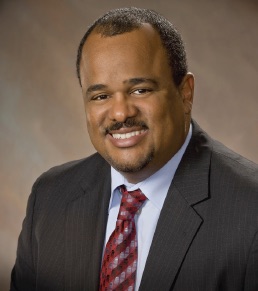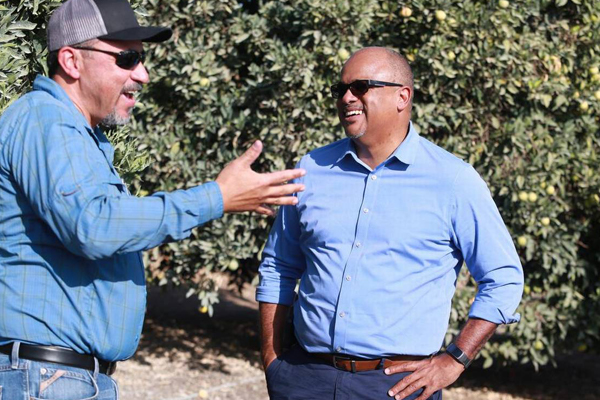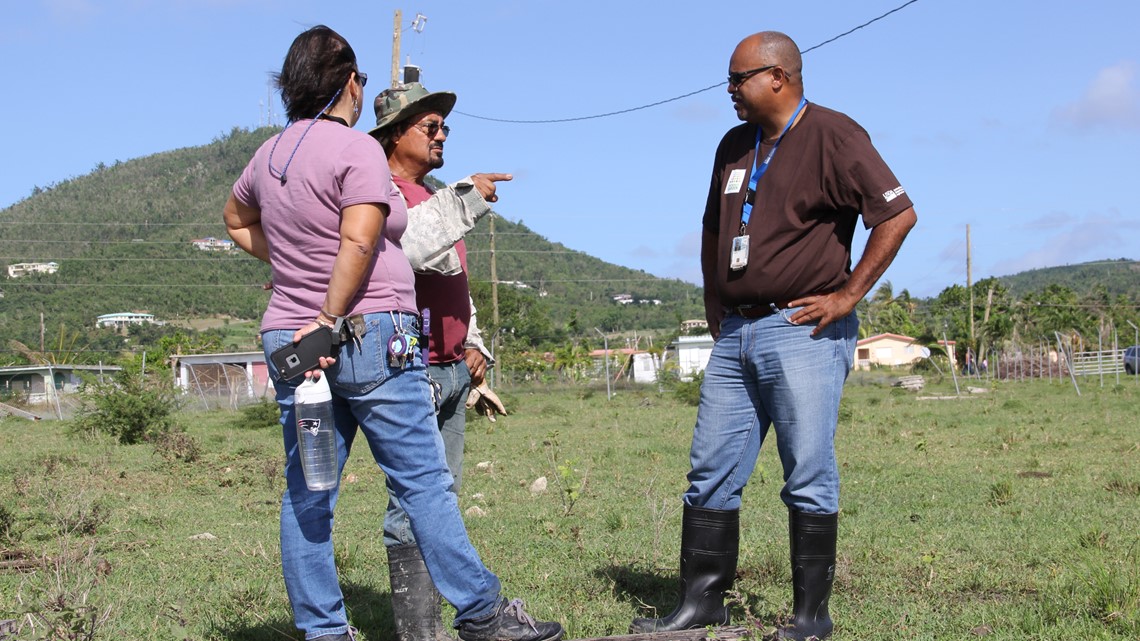Carlos Suarez is state conservationist for the USDA's Natural Resources Conservation Service (NRCS) in California. Prior to assuming his current position in 2013, Suarez served as state conservationist for the NRCS in Florida. He joined OPN for a conversation about how he got started with the NRCS, his introduction to organic ag, the various ways in which the NRCS can assist organic farmers, and more.
Can you tell us a little bit about your background in terms of how you came to work for the Natural Resources Conservation Service (NRCS)?
I’ve been with the agency almost 28 years. I am originally from Puerto Rico, and I did my undergrad in agricultural engineering technology at the University of Puerto Rico–Mayaguez. I actually got interested in conservation after a conversation with one of my professors.
He told me about all the things the agency does for conservation and how my major and what I’d learned about waste management, soil and water conservation, water resources, and so forth could be put in practice.

Carlos Suarez, state conservationist, USDA's Natural Resources Conservation Service
While you work with both conventional and organic producers at the NRCS, do you have a personal connection to or specific interest in organic agriculture?
Absolutely! I first got interested in organic agriculture when I was working as a watershed advisor for the US Embassy and US Agency for International Development in Nicaragua from 1999 to 2002. There were several producers in Nicaragua that I met that were moving from the conventional way of producing crops to organic production.
And then when I was in Florida as the state conservationist there for five years, I worked very closely with Florida Certified Organic Growers and Consumers Inc. (FOG). The NRCS was very engaged with the organic producers in the state, looking at how we could help some farmers adopt more practices to not only transition from conventional to organic but also help others that had already been certified to add more conservation practices to sustain their organic operations.
And then, of course, here in California, I have been very blessed by the number of organic producers that have participated in our programs.

Carlos Suarez, state conservationist, USDA's Natural Resources Conservation Service
Speaking of programs, the NRCS offers quite a few! Based on the NRCS’s website, the ones that seem most applicable to organic farmers appear to fall under the categories of technical assistance, financial assistance, and easements. Is that correct?
That is correct. We have an array of programs—our conservation toolkit, as I call it. The way we operate at the NRCS (not only in California, but this also applies nationwide) is when we work with farmers, ranchers, and forest managers, we do an evaluation of what their conservation goals are (and, of course, we incorporate their business objectives into that plan too).
That evaluation is part of the conservation plan, which is our core product. We work hand-in-hand, one-on-one with that farmer, that rancher, that forest manager to evaluate their resource needs. And then we say, based on those resource needs, this is what you will need to increase soil health on your farm, or increase water infiltration, or minimize losses with your irrigation system, etc.
And then we lay out the NRCS programs that are available. He or she can decide, “Okay, I’m interested in EQIP (Environmental Quality Incentives Program) because it provides financial assistance to install those conservation practices.” Or if you are a farmer that has already established those practices, but you want to take it to the next level, we have the Conservation Stewardship Program, which allows you to do that.
"We work hand-in-hand, one-on-one with that farmer, that rancher, that forest manager to evaluate their resource needs." -Carlos Suarez
So no matter what NRCS program a farmer is interested in, a conservation plan will be created first?
That is correct, and thanks for bringing that up because I want to emphasize that point. One of the things that made me fall in love with the NRCS is that the conservation planning process is program neutral. In other words, it occurs regardless of what program you decide to participate in. And even if you decide not to participate in a specific program, you still you get that conservation plan.
What are some of the things that organic farmers seek NRCS assistance with?
The array of practices that they are very interested in include soil carbon amendments, habitat restoration that promotes biodiversity (such as pollinator hedgerows), and cover cropping.
Carlos Suarez, state conservationist, USDA's Natural Resources Conservation Service
What about the NRCS’s assistance with high tunnels—is that popular among organic farmers?
In California, installing high tunnels is one of our more popular practices that we fund in the state. And it’s also a very popular practice nationwide. High tunnels allow the farmer to extend the production cycle of a particular crop, and they also allow that producer to control pests and water infiltration. They are becoming very popular with minority producers, small farmers and ranchers, urban farmers, and those going into farming for the first time because it doesn’t require a lot of land to use high tunnels. In California, some farmers like to use high tunnels to bring warm-weather crops (such as cucumbers, tomatoes, and peppers) to market early or even grow them year-round.
Do farmers use the NRCS’s services pretty often to help transition to organic?
Yes. We have what we call a conservation activity plan (CAP 138) that helps farmers transition from conventional to organic.
One of the specific areas where organic-transition farmers come to the NRCS for assistance is with erosion control—we see a lot of requests for that. And they use not only NRCS staff, but they also use technical service providers (TSPs), who are our partners in this effort. TSPs are technical individuals (agronomists, biologists, you name it) that work privately, whether it’s part of a consulting organization or individually, and they help with those transition plans—and they work in coordination with the NRCS.

Carlos Suarez, state conservationist, USDA's Natural Resources Conservation Service
Do farmers have to pay for assistance from those technical service providers (TSPs)?
If they use the services of TSPs, we actually pay a set rate to those TSPs to provide that conservation planning. So that wouldn’t come out of the pocket of the organic producer. If we (the NRCS) do it ourselves, it’s the same thing—the farmer wouldn’t have to pay for that. That service is already paid—it’s a public service.
All of our services that we provide are free of charge. And they are done on a voluntary basis. I cannot stress enough the voluntary approach. That farmer, that rancher, that forest user comes in voluntarily, and we help them—and the decision to adopt those conservation practices always, always remains with them. They are behind the steering wheel. We’re just there to support them in protecting those natural resources and helping their land continue to be sustainable.






